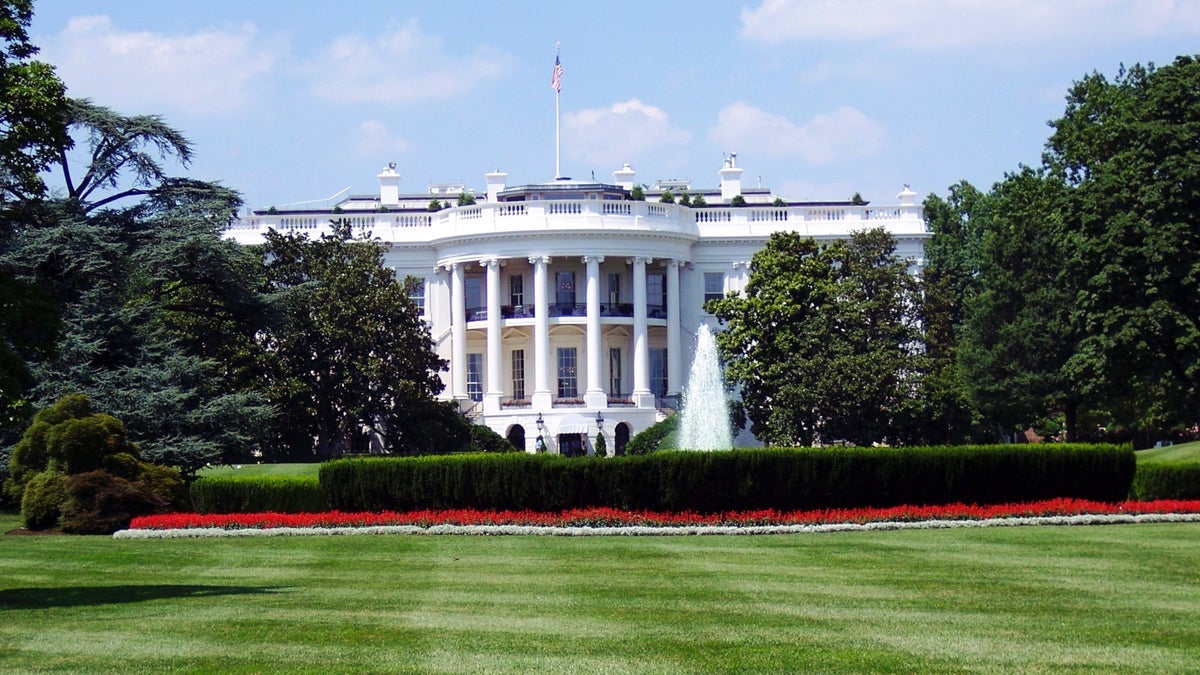Apple's CEO Pledges U.S. Manufacturing Shift, Trump Claims Manufacturing Comeback

In a recent statement, President Trump revealed that Apple CEO Tim Cook has committed to shifting some of the company's manufacturing operations from Mexico to the United States. The announcement highlights ongoing efforts to bring manufacturing jobs back to American soil and strengthen domestic production capabilities.
During discussions with Cook, Trump emphasized the importance of creating jobs within the United States and praised Apple's willingness to invest in domestic manufacturing. The potential move could signal a significant shift in Apple's global production strategy and align with the administration's push for reshoring manufacturing.
While specific details about the manufacturing relocation remain limited, the commitment suggests a potential boost for American workers and the domestic tech manufacturing sector. The collaboration between the Trump administration and Apple underscores a growing trend of companies reconsidering their international production networks.
As the tech industry continues to evolve, this development could serve as a notable example of how corporate strategies are adapting to changing economic and political landscapes.

